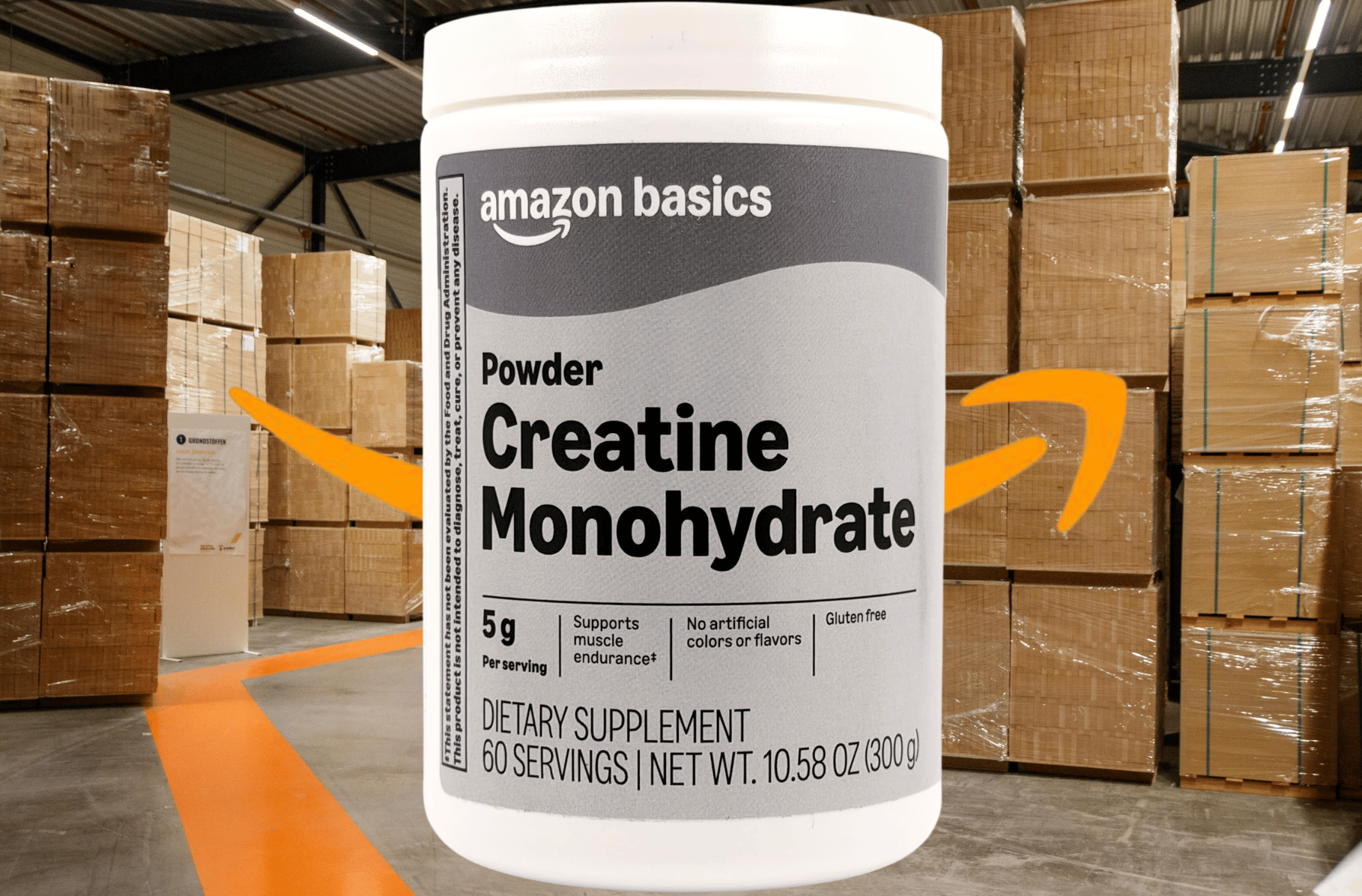FEATURED
THE WEEKLY REP
Join the best fitness newsletter on the planet and stop missing out.
HEALTH & WELLNESS
JOIN THE WEEKLY REP
The official newsletter of fitness.
Health trends, wellness tips, product launches, and more delivered to you every week.



















